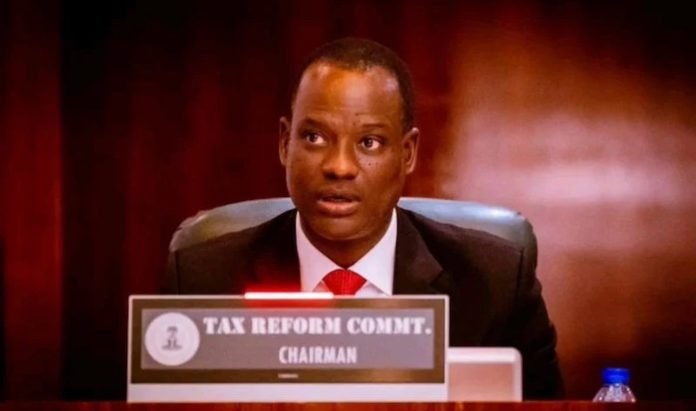The Federal Government of Nigeria plans to expand the tax net through the “Tax Identification Consolidation and Collaboration (TICC)” project. The objective is to increase government revenues to meet its obligations to citizens. This initiative aligns with the proposed Economic Stabilisation Bills (ESB) and is part of 15 bills approved for amendment by the Federal Executive Council (FEC).
However, the government will collaborate with states to suspend certain taxes on small businesses and vulnerable populations. The ESB seeks to amend some laws to promote economic stability, reduce inflation, stimulate job creation, and export diversification.
Additionally, an amendment to the Tertiary Education Trust Fund (TETFUND) Act will allocate 30% of its revenue to the National Education Loan Fund (NELFUND). Amendments to the Nigerian Maritime Administration and Safety Agency (NIMASA) and Nigeria Ports Authority (NPA) Acts will require fees to be paid in Naira – Nigeria’s local currency.
The overall goal is to boost revenue by broadening the tax base, as its revenue-to-GDP ratio is lower than other African countries. The Nigerian Economic Society (NES) warns that slow revenue generation could hinder economic growth and social well-being.
Comment, Like 👍, share this article, and Follow us on our social media handles.








